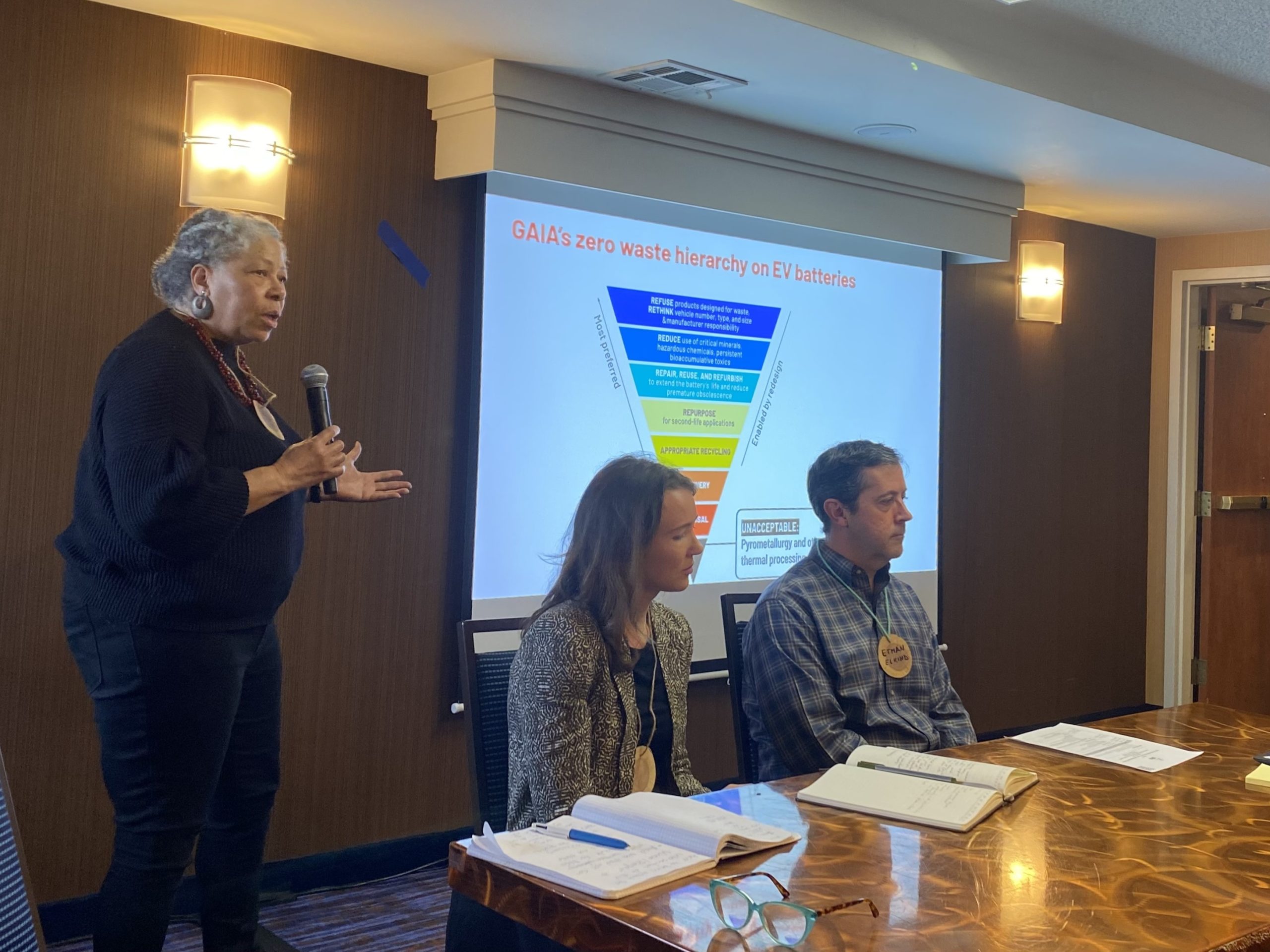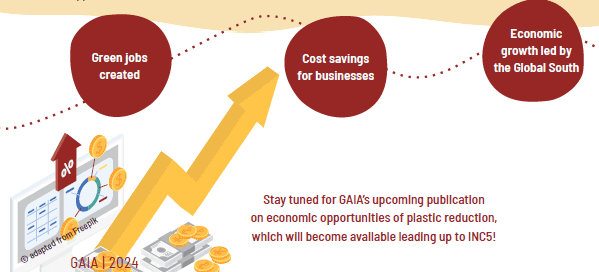EcoWaste Coalition: Building a Stronger Environmental Movement
Asia Pacific - Environmental justice
The EcoWaste Coalition emerged as a pivotal force in the Philippine environmental landscape, originating from the victory of the Clean Air Act in 1999, which banned incineration. Initially known as the Clean Air Coalition, it comprised various environmental groups, communities, and support organizations advocating clean air legislation. Its members included Greenpeace International, Mother Earth Foundation, and church-based organizations.
Driven by the success of the fight against incineration, the coalition shifted focus to solid waste management, particularly amidst the closure of the notorious Smokey Mountain dumpsite and proposals for incinerators. This transition led to the formation of the EcoWaste Coalition, unified by a vision of Zero Waste by 2020, aiming to counter landfill projects and mainstream sustainable waste management practices.
Key action points included stopping incineration, reducing garbage volume and toxicity, intensifying recycling, and developing recycling markets. Task forces were established to address various waste-related issues, leading to collaborations with international organizations like Greenpeace and GAIA.
Over its 22-year history, EcoWaste expanded geographically and thematically, engaging in campaigns beyond waste management. Structural changes and regional empowerment initiatives addressed challenges such as organizational growth, internal relations, and sustaining member participation.
Facing external threats from political shifts, the coalition remained resilient, adapting its strategies while maintaining advocacy for environmental and social justice. Operational improvements were pursued by institutionalizing planning and monitoring, ensuring accountability and efficiency.
The coalition’s success stemmed from its Unity Statement, providing a common agenda, and its inclusive structure, fostering meaningful member engagement. By leveraging collective strengths and addressing shared challenges, EcoWaste exemplifies the importance of alliance-building in achieving impactful social change in the Philippines.





























